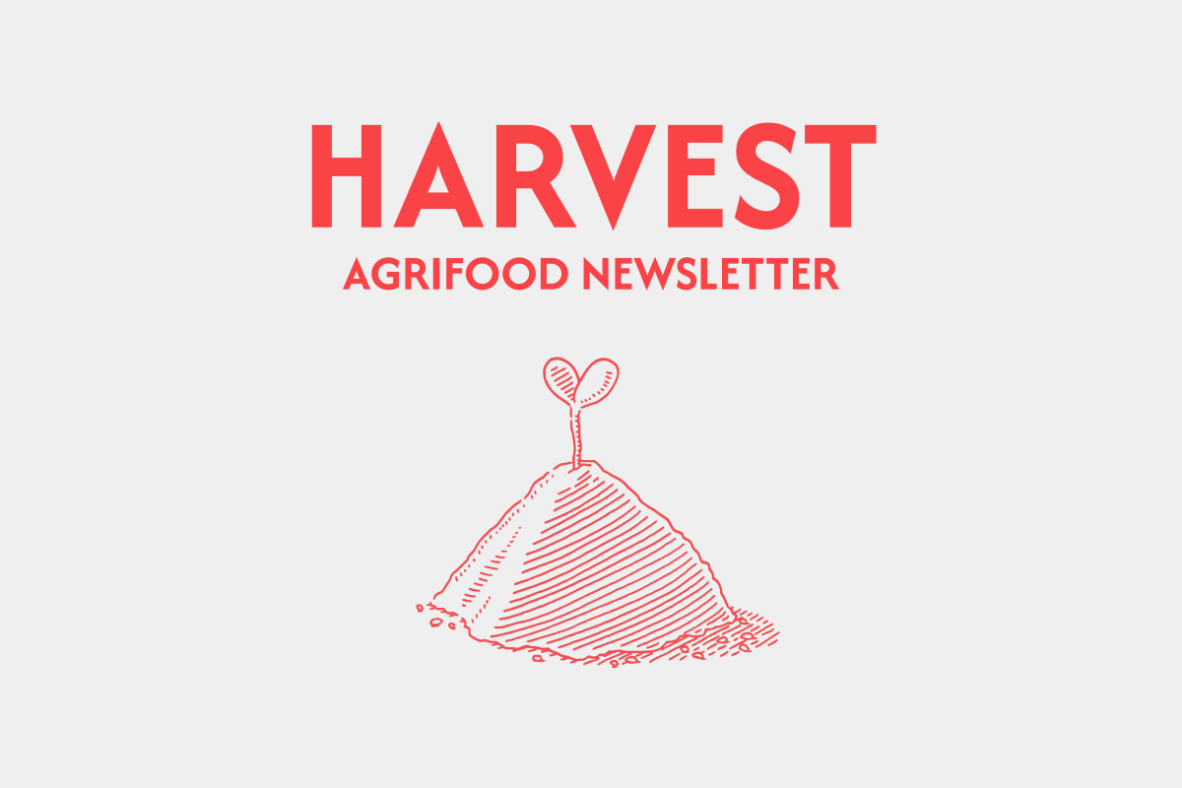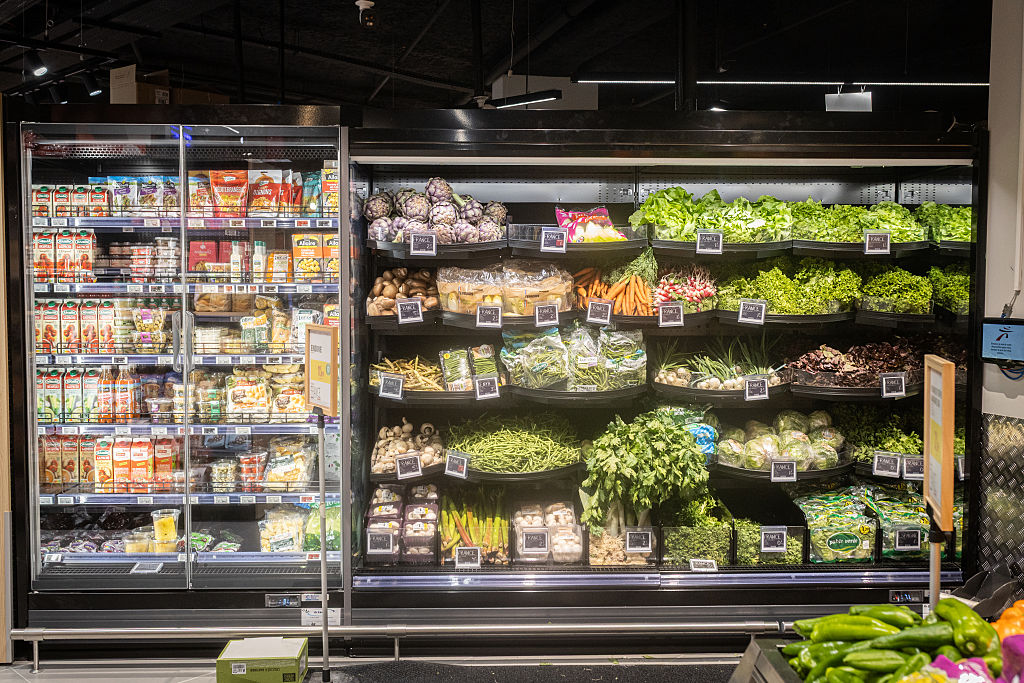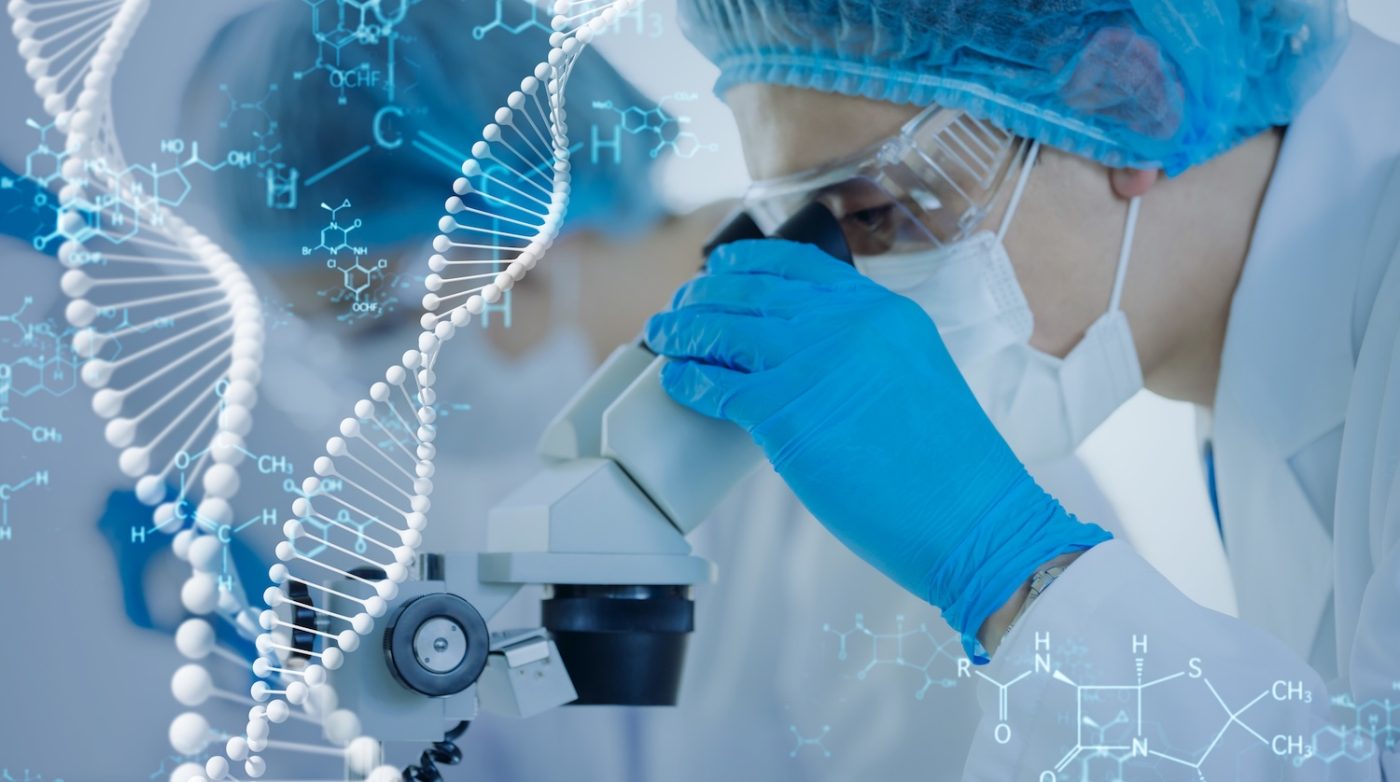Biotech Act must include food as a critical and strategic dimension
As the EU prepares its first Biotech Act, experts say that Europe risks overlooking the role of biotechnology in food, a gap EIT Food aims to close through a new alliance

When Brussels talks about biotechnology, the focus still falls on health or chemicals. At EIT Food’s NextBite Conference on 15 October, Richard Zaltzman, EIT Food’s chief executive, told Euractiv there “could definitely be a stronger voice for foods to be explicitly addressed within the Biotech Act.”
“The Biotech Act probably has origins more focused on other areas of biotech, whether that’s health or chemicals. It points to food, but it’s not as explicit as we would like. We believe there is such a strong opportunity here.”
“We are working on a very strong research and innovation agenda to show how important food innovation, education start-up support are,” said Lorena Savani, Director of Thematic Leadership in Biotech and Protein at EIT Food.
Her comments underscore EIT Food’s broader ambition: to give food biotechnology the same policy prominence that health biotech already enjoys. That objective is now taking shape through the creation of the European Agrifood Biotech Alliance.
Agrifood biotech alliance
To make that voice heard, EIT Food is establishing the European Agrifood Biotech Alliance, bringing together industry leaders, research institutions, policymakers and start-ups around a shared roadmap for innovation. The Alliance will formally launch in early 2026 as the nucleus of a future public–private partnership.
It will drive progress in protein diversification, plant and microbiome engineering, advanced cell line development, bioprocessing and other frontier biotechnologies.
Its mission is to build a connected ecosystem that links research, industry and policymakers, coordinates with European industry organisations to shape regulation, and fosters education, entrepreneurship and funding to accelerate innovation across the agrifood value chain.
Europe needs food biotech now
For Savani, biotechnology, long part of Europe’s food tradition from wine to cheese, is now reaching a turning point.
“The food that we are already enjoying every day is already produced by biotechnology,” she said. “Wine and cheese are classic cases, fermentation is one of the oldest and most natural forms of biotechnology.”
What began as a centuries-old craft, she added, has become a strategic technology.
“A study with McKinsey shows biotechnology could transform 60% of what Europe grows and produces, unlocking €30-50 billion in market opportunities.”
EIT Food frames biotechnology as “a crucial lever in transforming food systems”, enabling precision, resilience and efficiency beyond traditional agriculture. From drought-tolerant crops to new proteins with smaller environmental footprints, “biotech has the power to strengthen food security in a volatile world.”
Four fronts of transformation
Savani outlined four fronts where biotechnology could reshape Europe’s food system.
On climate, she said, the imbalance is clear. “Nearly 80 per cent of farmland and almost half of the water goes into livestock feed, while livestock emits 20 per cent of all human-driven greenhouse gases. From the food-security perspective, we import 74 per cent of the protein crops, making us highly dependent on global supply. With biotech, we can unlock this potential and use our own crops by creating diversification of different types of proteins.”
Health is another pressing dimension. “More than half of European adults are overweight, and diet-related diseases already account for 70 per cent of premature deaths worldwide. Food biotech can be part of this revolution to find a solution.”
Europe’s competitiveness, she warned, is also at stake. “Economically, Europe lags behind the U.S. and Asia in both scaling biotech innovation and attracting investments.”
And none of this, she added, will happen without people. “The shortage of skilled professionals is one of the main barriers to uptake. Without targeted interventions, the skills gap will be even bigger.”
Skills and trust gap
To enable that transition, EIT Food aims to foster talent development and skills transformation across the agrifood biotech sector, ensuring a workforce equipped for innovation, industrial scale-up and sustainability.
Yet technical progress will mean little without public confidence. A survey by EIT Food’s Consumer Observatory across six EU countries found that 43% of respondents were open to precision-fermented dairy and 35% to cultivated meat, but far fewer accepted genetically altered or 3D-printed foods.
“The public is not rejecting the science,” Savani said. “They are rejecting the uncertainty.”
She stressed that fairness and transparency must guide Europe’s biotech transition.
“To win acceptance for the Biotech Act we must prioritise safeguards that guarantee the benefits of this powerful technology flow to everyone, not just a few large corporations.”
Savani added that education must extend beyond professionals.
“We must educate not only professionals but consumers, so that people are better prepared to understand these new technologies.”
As EIT Food looks to build Europe’s Agrifood Biotech Alliance, the challenge will be not only to innovate but to connect. As Zaltzman put it, “the Biotech Alliance is deeply rooted in that engagement with people and how they are going to make choices.” Because if biotech is Europe’s next great industrial revolution, food is where it will meet everyday life.
(BM)








